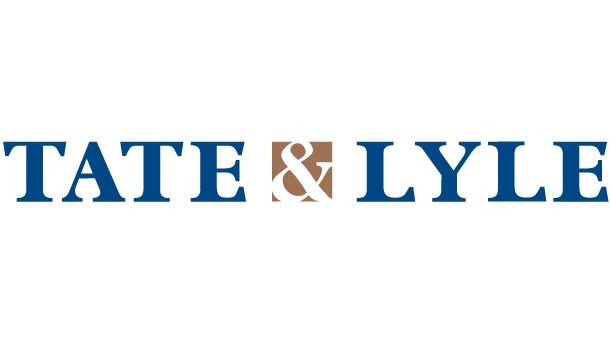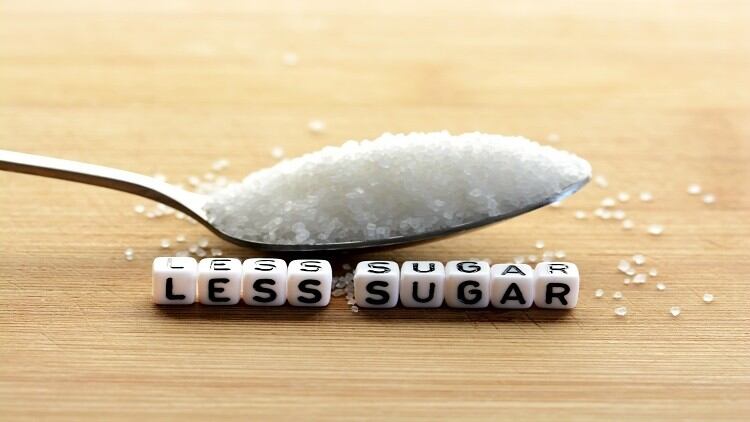Speaking to FoodNavigator-Asia at the Gulfood Manufacturing show, Dominique Floch, regional sales and & technical director for specialty food ingredients Turkey, Middle East, and Africa, said consumer demands in the region were changing.
“Two or three years ago, it was probably a vague concept. Now, there is a real trend, manufacturers are starting to realise that sugar reduction (and using sugar replacers) is something that will happen, being driven or forced by consumer expectations,” he said.
“Three years ago, when we talked about sugar reduction with our clients, they would say yes, it is interesting. Now they are saying yes, it is very interesting, we still don’t know clearly when we will need it, but we know we will need it."
He noticed that food and beverage manufacturers in the UAE are the most active in adopting sugar reduction efforts as a result of Western influence.
On the other hand, alarming health concerns surrounding diabetes and obesity in Saudi Arabia are also generating sugar reduction interests.
Other markets that are starting to see an interest in sugar reduction include Pakistan and Iran, he said.
Other than product innovation and launching healthier food, he added that manufacturers were primarily interested in achieving cost reduction.
Expansion
The firm has expanded the operations team in Dubai in the past four years, and was “committed to the region”, Floch said.
“We are growing (in the Middle East), we just expanded our office in Dubai in September…We now have a kitchen lab in Dubai where we can do basic measurements and analytics."
“We recruited for the region three more technical support. We just recruited a marketing manager who joined the team at the end of July and that’s to help clients better understand how to use our ingredients.”
The team in Dubai has expanded from four to a total of 12 in the past four years, he added.
“Other than UAE and Saudi Arabia, we are active in Iran, Pakistan, Egypt, and Jordan (in the Middle East). We now have a food team covering all the markets.”
Prospects of the Middle East markets
Floch said that there was still potential in emerging markets of the Middle East, despite geopolitical instability at play.
“We believe a lot in it (the emerging markets). We know that Pakistan, Iran, Iraq have a lot of potential.”
One reason, is due to the sheer size of the population in these areas.
“Iran is 80m people, Pakistan is 200m people. There is a big market and a food industry that is pretty well developed and needs our expertise and ingredients.”
“Iraq is a smaller market and the food industry has to be rebuilt. Still, it has a population of 30m.”
Respecting local regulations and understanding the local market were key strategies to adapt to these markets, he said.
“Unfortunately, Middle East is not a stable region and will probably not become stable quickly, and the answer to this is to have a good team from the region that knows the region and can find the right answers, and the right way of doing business in the region.”
He stressed the need to have the technical expertise to cater to the conditions of the local market, citing the example of Egypt.
“We are growing in Egypt due to good products, sales people and distributors…Now, Egypt needs cheaper products and we will support them with cheaper products. When better times come, they will probably need more indulgent products and we can then make the products more indulgent. So it is about having a right team, knowing what to do, how to do it, and being strong technically.”




